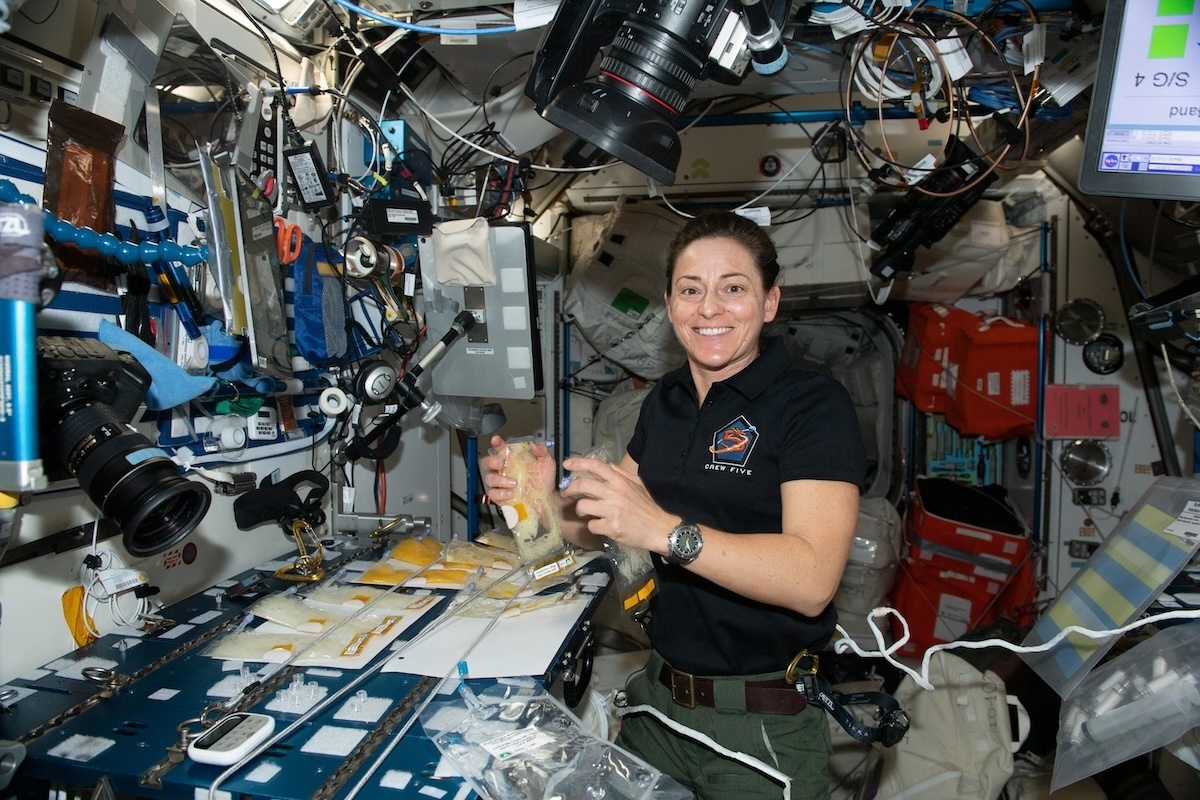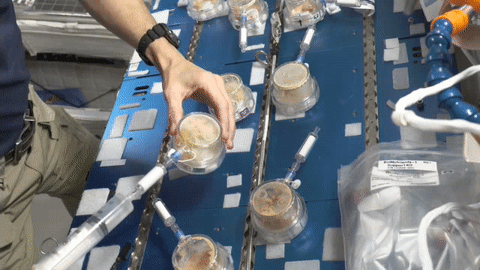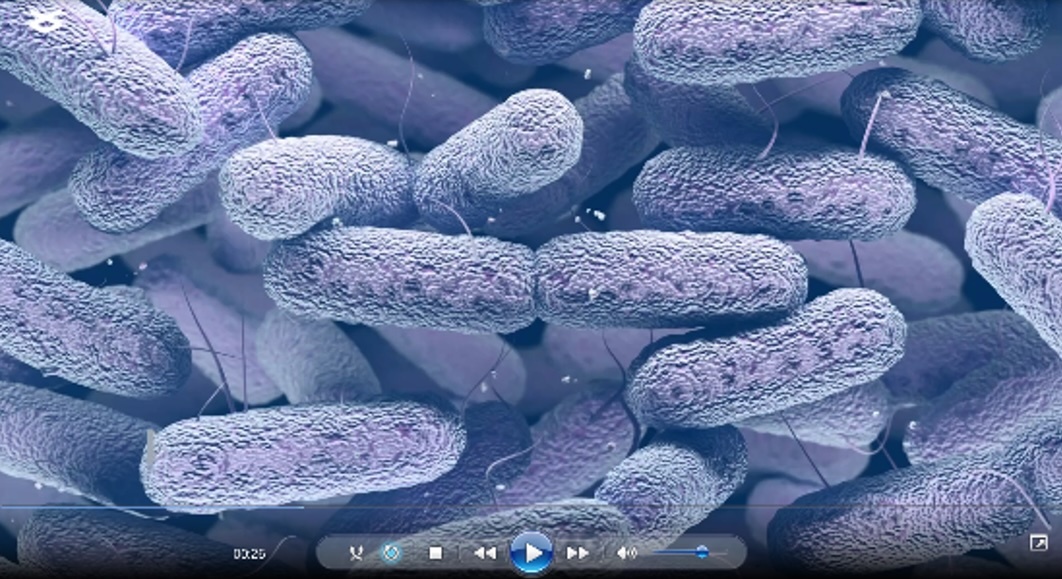18.04.2024

On-demand nutrient production system for long-duration missions
When astronauts embark on long space missions, they’ll need to grow their own food because pre-packaged meals from Earth lose their nutritional value over time. The BioNutrients project at Ames Research Center’s Space Biosciences Division has solved this problem by using genetic engineering to create microbially-based food that can produce nutrients and compounds, such as medicines, with minimal resources. The process involves storing dried microbes and food-grade media in small bioreactors, which can be rehydrated and grown years later. The project has already produced carotenoids for antioxidants, follistatin for muscle loss, and yogurt and kefir for a healthy gut biome.

Main Findings: Two different engineered baker’s yeasts were cultured in the BioNutrients-1(BN-1) Gen-0 bioreactors, producing beta-carotene and zeaxanthin, and their ambient shelf life on the International Space Station (ISS) has now been demonstrated out to 3.9 years. Four additional organism types and products were flown on BioNutrients-2 (BN-2), demonstrating the production of carotenoids, follistatin, yogurt, and kefir products in the Gen-1 bioreactors which have a 91% reduced mass and a flat pack design. The shelf life of yeast-based products is expected to meet 5 years at ambient storage conditions. Analysis of yogurt and kefir is underway.
Impact: BN-1 and BN-2 successes pave the way for further biomanufacturing processes that will ensure the safe consumption of essential nutrients and compounds for long-duration space missions.
Multi-Drug Resistant Bacteria Found on ISS Mutating to Become Functionally Distinct

A video abstract of this International Space Station investigation is available on the publisher website (see link below).
n a new scientific paper funded by an Ames Space Biology grant, Principal Investigator Dr. Kasthuri Venkateswaran of NASA’s Jet Propulsion Laboratory strains of the bacterial species Enterobacter bugandensis isolated from the International Space Station (ISS) were studied. Thirteen strains of E. bugandensis, a bacterium notorious for being multi-drug resistant, were isolated from the ISS. Study findings indicate under stress, the ISS isolated strains were mutated and became genetically and functionally distinct compared to their Earth counterparts. The strains were able to viably persist in the ISS over time with a significant abundance. E. bugandensis coexisted with multiple other microorganisms, and in some cases could have helped those organisms survive.
Publication Impact: Closed human-built environments, such as the ISS, are unique areas that provide an extreme environment subject to microgravity, radiation, and elevated carbon dioxide levels. Any microorganisms introduced to these areas must adapt to thrive. By delving into microbial dynamics in extreme environments, this research opens doors to effective preventative measure for astronaut health.
Reference: Sengupta P, Muthamilselvi Sivabalan SK, Singh NK, Raman K, Venkateswaran K.
Genomic, functional, and metabolic enhancements in multidrug-resistant Enterobacter bugandensis facilitating its persistence and succession in the International Space Station.Microbiome. 2024 Mar 23;12:62. ISS results funded by a 2012 Space Biology NNH12ZTT001N grant nos. 19-12829-26 under Task Order NNN13D111T award to K.V., which also funded post-doctoral fellowship for N.K.S. K.R. acknowledges support from the Science and Engineering Board (SERB) MATRICS Grant MTR/2020/000490, IIT Madras, Centre for Integrative Biology and Systems mEdicine (IBSE) and Robert Bosch Center for Data Science and Artificial Intelligence (RBCDSAI).
Quelle: NASA

